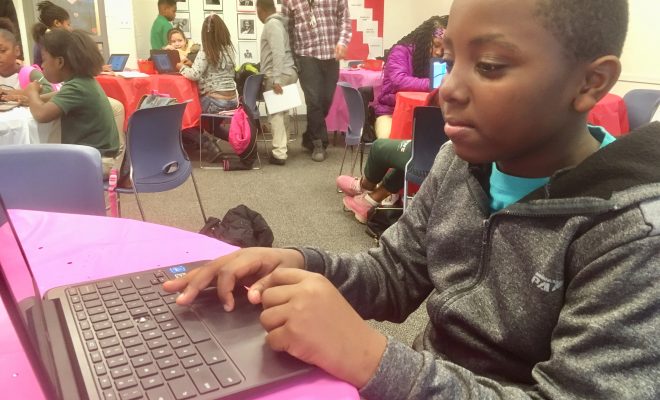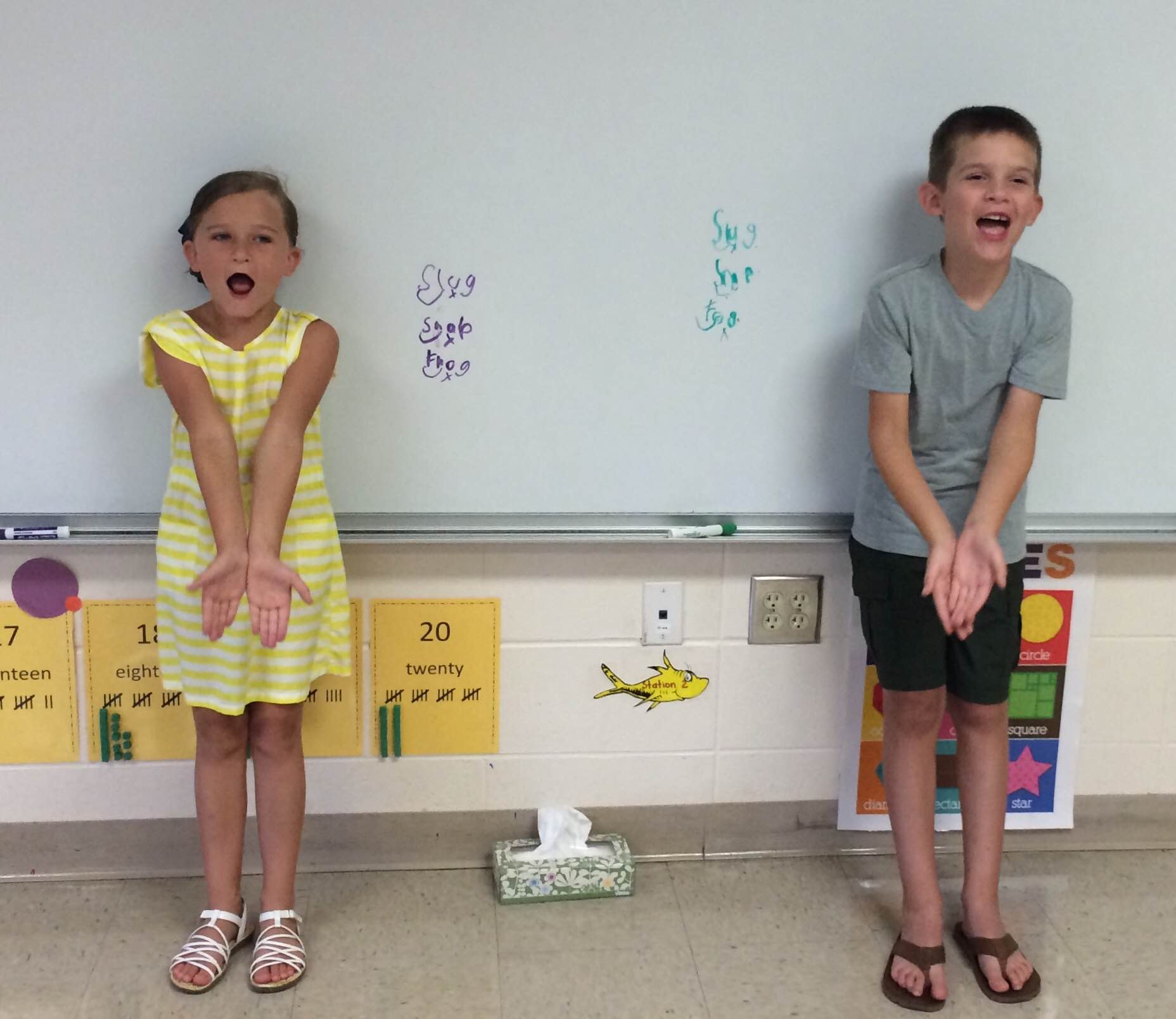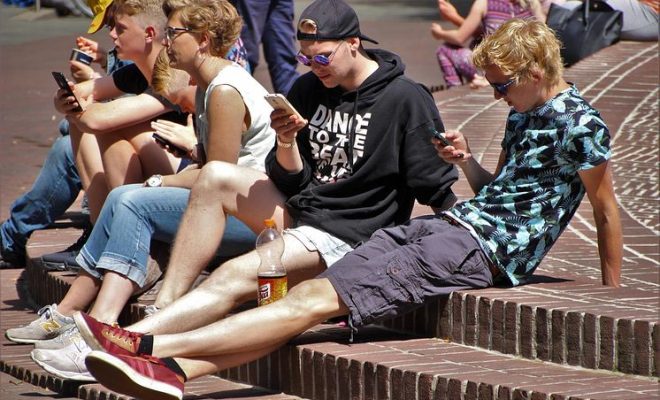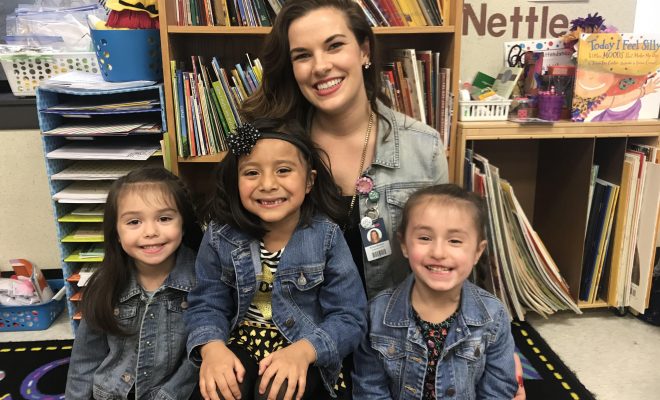4 Myths about Gifted Learners, Debunked

By Matthew Lynch
While gifted may seem an enviable status, there are many myths and misperceptions at work. Many gifted students feel isolated and misunderstood by their peers—and sometimes their teachers. It is true that gifted students often work well independently, but many teachers do not realize that these students need monitoring and encouragement as well. Students who are identified as “gifted” are not consistently the highest achievers or the best-behaved students. By contrast, giftedness can often result in apathy, lack of effort, and resentment.
Take a look at just a few of the ways that gifted students are often misunderstood:
- Although many gifted students are also graced with qualities of altruism, perfectionism and an advanced sense of social justice, many of these students are highly skeptical, and may challenge a teacher’s knowledge of the curriculum or the teacher’s authority. While gifted students may raise questions on a higher level and produce a great argument, they often ignore deadlines and details.
- It is not unusual for gifted students to be dominant and disruptive in a class discussion, especially if they passionately and radically disagree with the majority opinion. These students may reject a group project and go off to work on their own, knowing they can do a better job by themselves. They are often stubborn in their beliefs, which can lead them to resent a teacher who tries to create an environment where all perspectives are tolerated.
- It is not actually true that gifted students populate the majority of honors and advanced placement level courses in high schools. Honors classes often include a mixture of students with high interest who are willing to work hard; students who are distracted by the behavior of their on-level peers; students whose parents have asked that they be placed in honors classes; and students who took the class because their friends are in it. There are many gifted students in the regular on-level classroom as well.
- Another myth about gifted students is that they are “unilaterally” successful. Many students have disabilities or deficiencies, which affect their learning in one area of study, but this does not rule out the giftedness in another. For instance, a student who suffers from dyslexia, and struggles in a basic American Literature class, may be identified as gifted in mathematics. This student shows up late for class without his book, sits sullenly in the back of the classroom and appears to blame you for his “D” average. When the bell rings, this same sullen student bursts from your classroom, brandishing his AP calculus notebook as if it was the Nobel Prize. This student has what is known as a dual exceptionality—they are gifted and learning-disabled, simultaneously.
It’s important for educators of all types to understand what truly constitutes a gifted student – and to realize that the label does not always mean a perfect student who has no academic issues. By guiding gifted students through understanding, they will achieve more and teachers will better be able to educate them.






